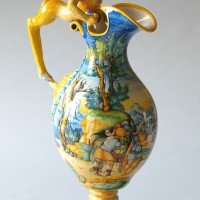
Grand ceramic tour
31 August 2015
29 September 2016
Collie Hooven has been exploring the domestic feminine world through ceramics for over thirty years. The artist uses compositions that seem to be more like vignettes, delving deep into quotidian psychology. She uses porcelain to delicately, ironically recount themes surrounding feminism. Her artistic vocabulary draws on daily archetypes, which she then reinterprets in a highly personal, poetic way. For Hooven, ceramic clay represents a lump of subconscious, ready to be molded into characters that exhibit the victories, challenges, pleasures, and fears that women experience on a daily basis. New York’s MAD Museum is dedicating Hooven a solo exhibition during September, featuring 55 sculptures. She says of her sculptures, ““I liken my work to dream interpretation. It is both literal and symbolic, intended to invoke a feeling that lingers”.
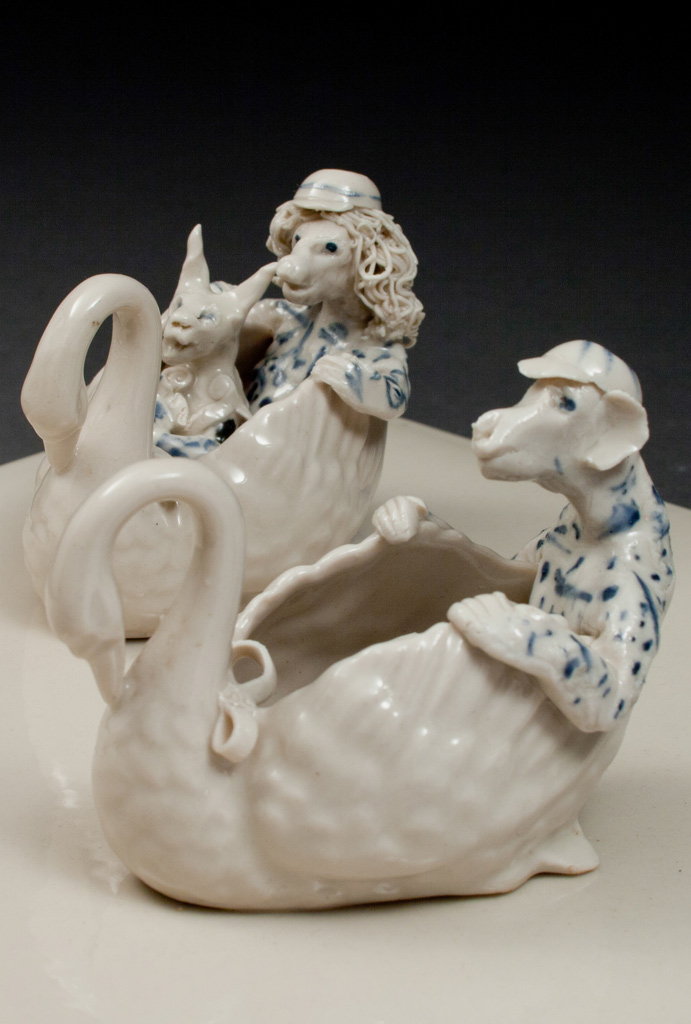
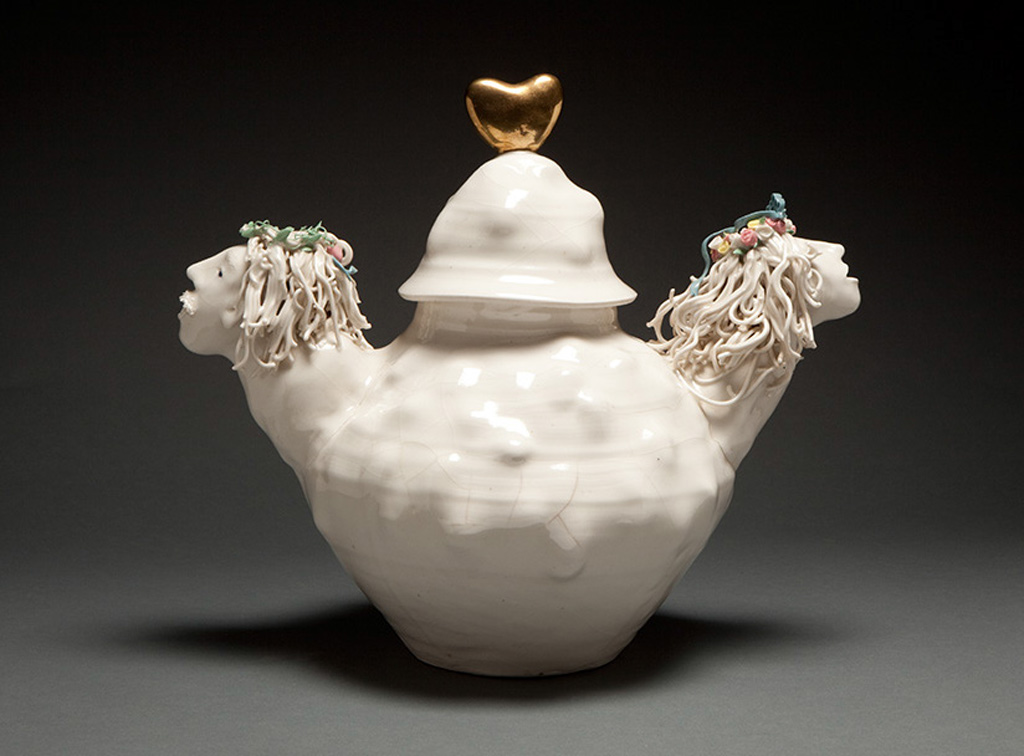
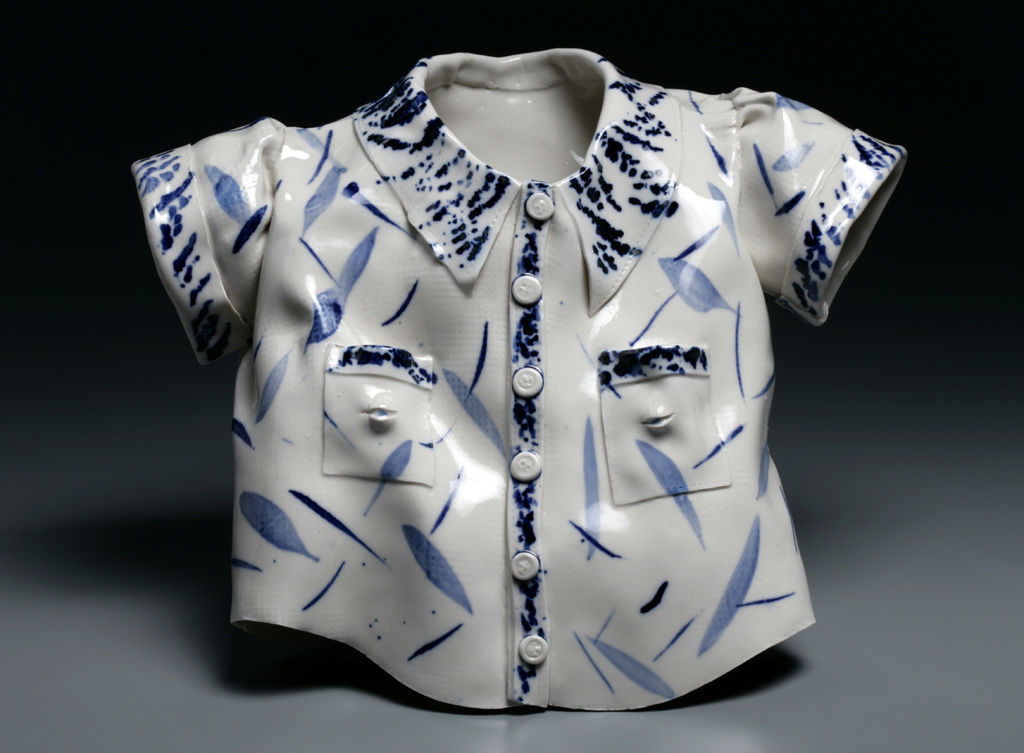
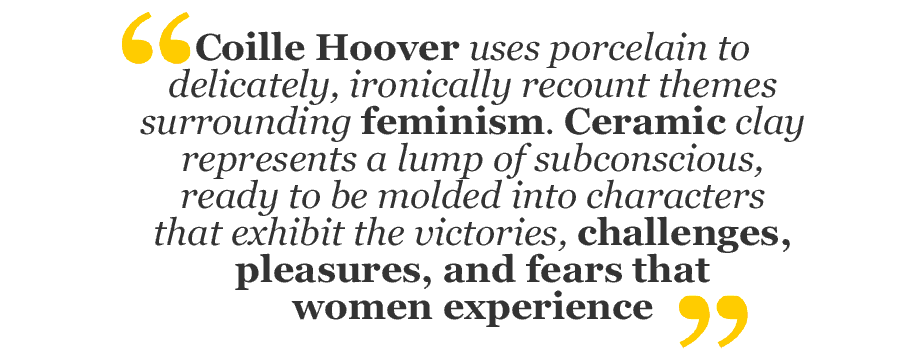
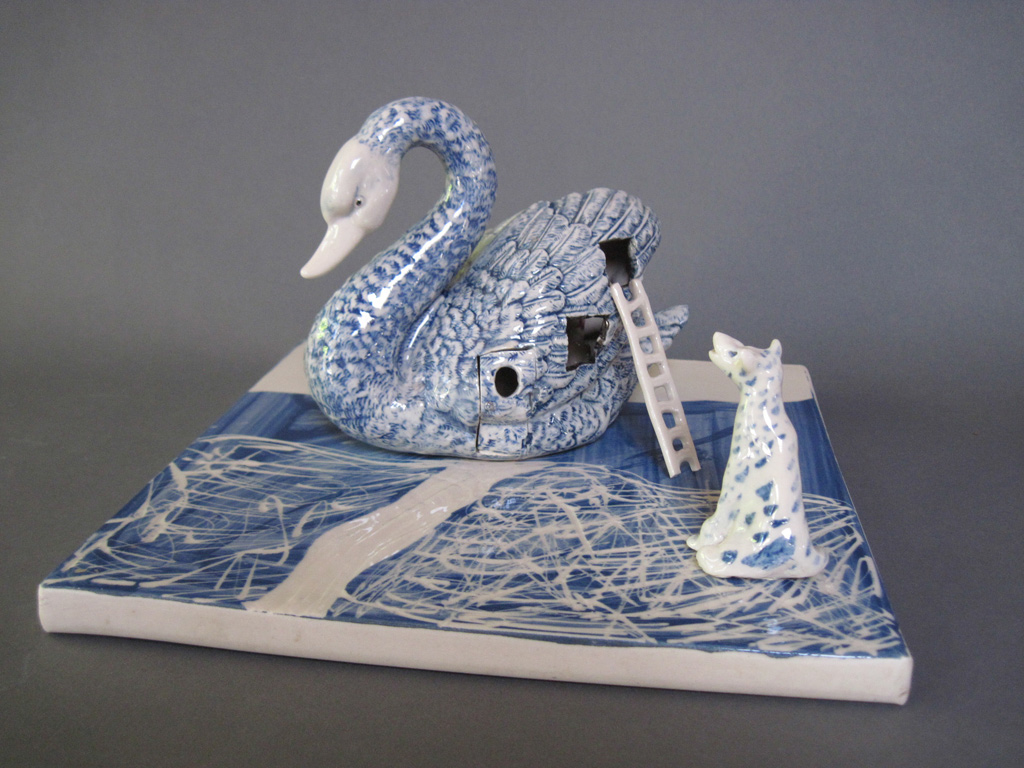
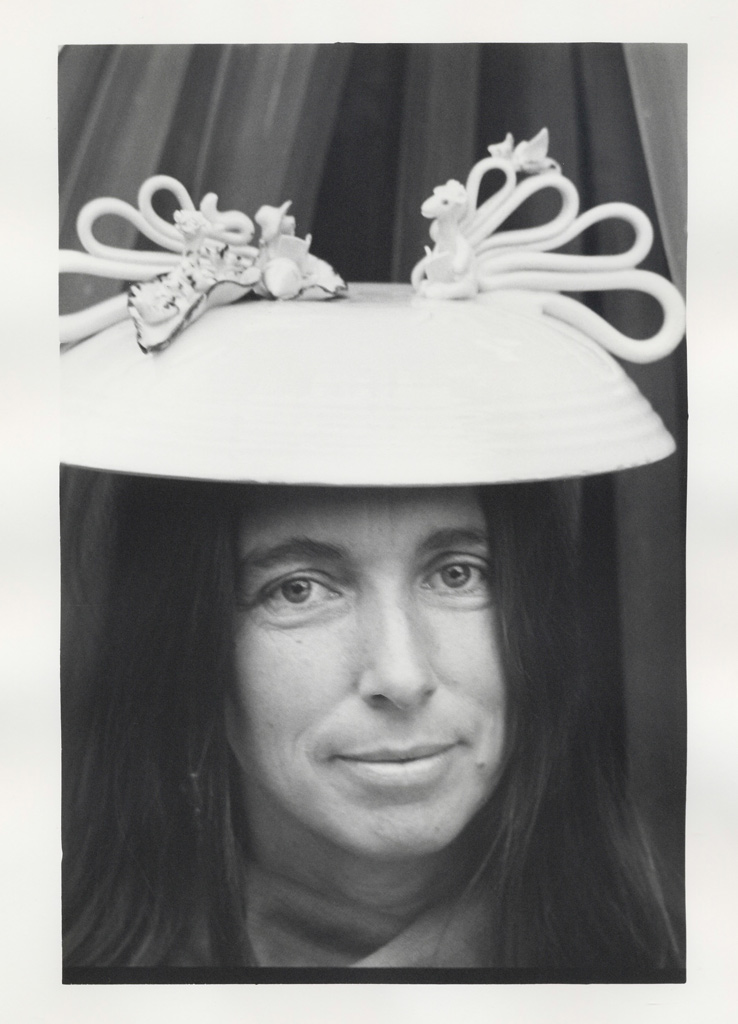
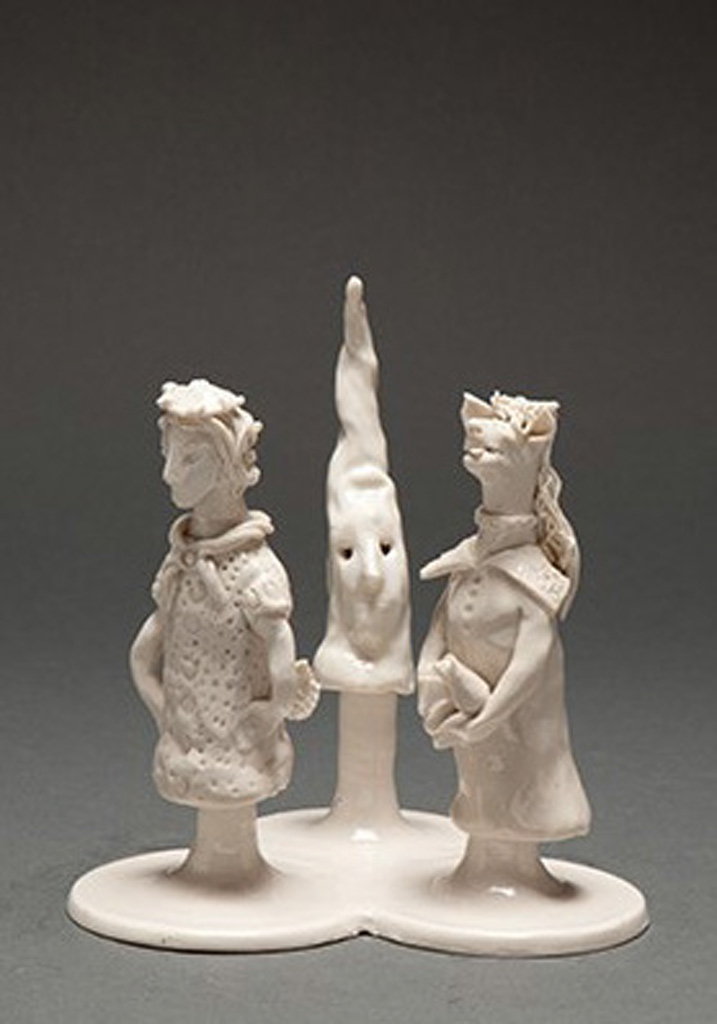
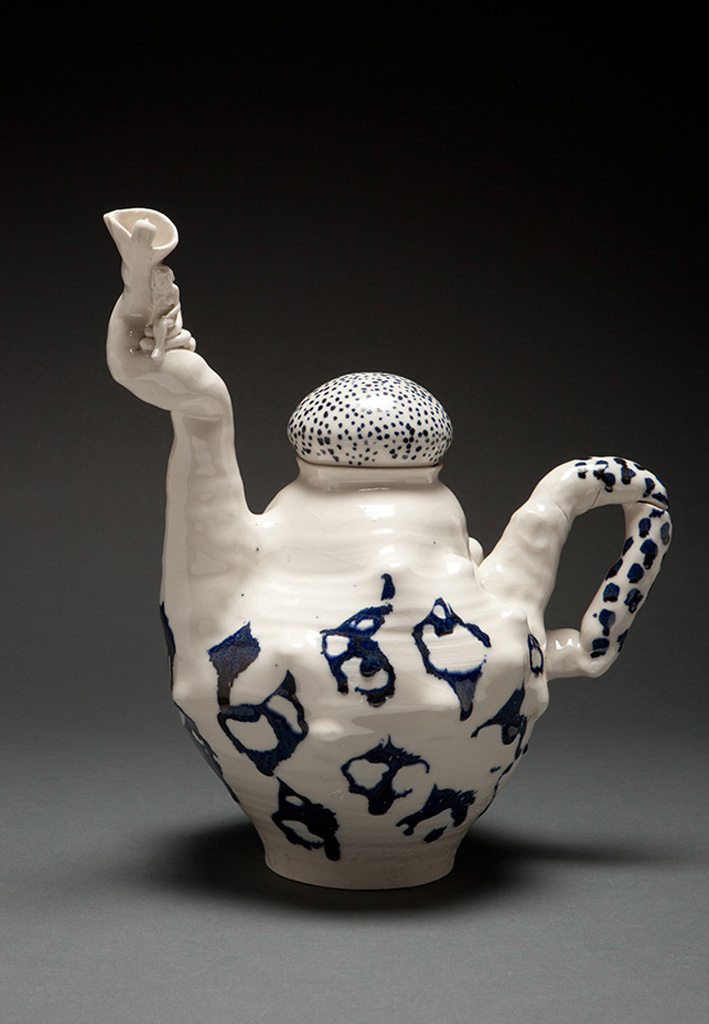
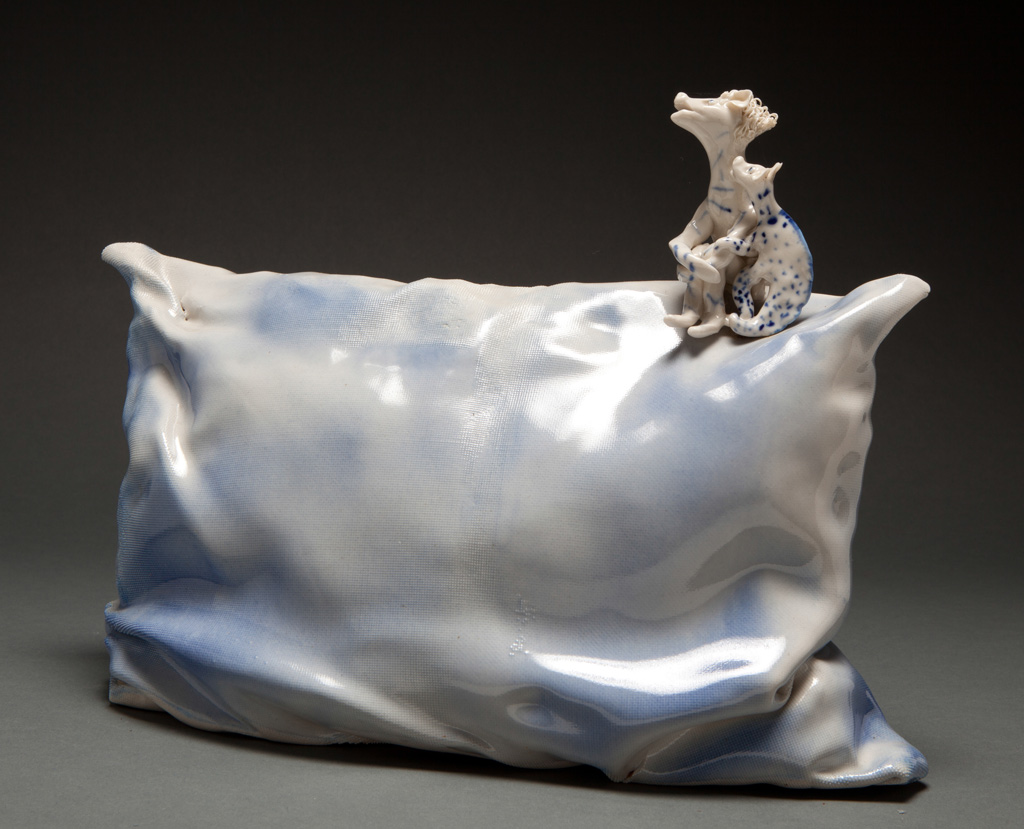

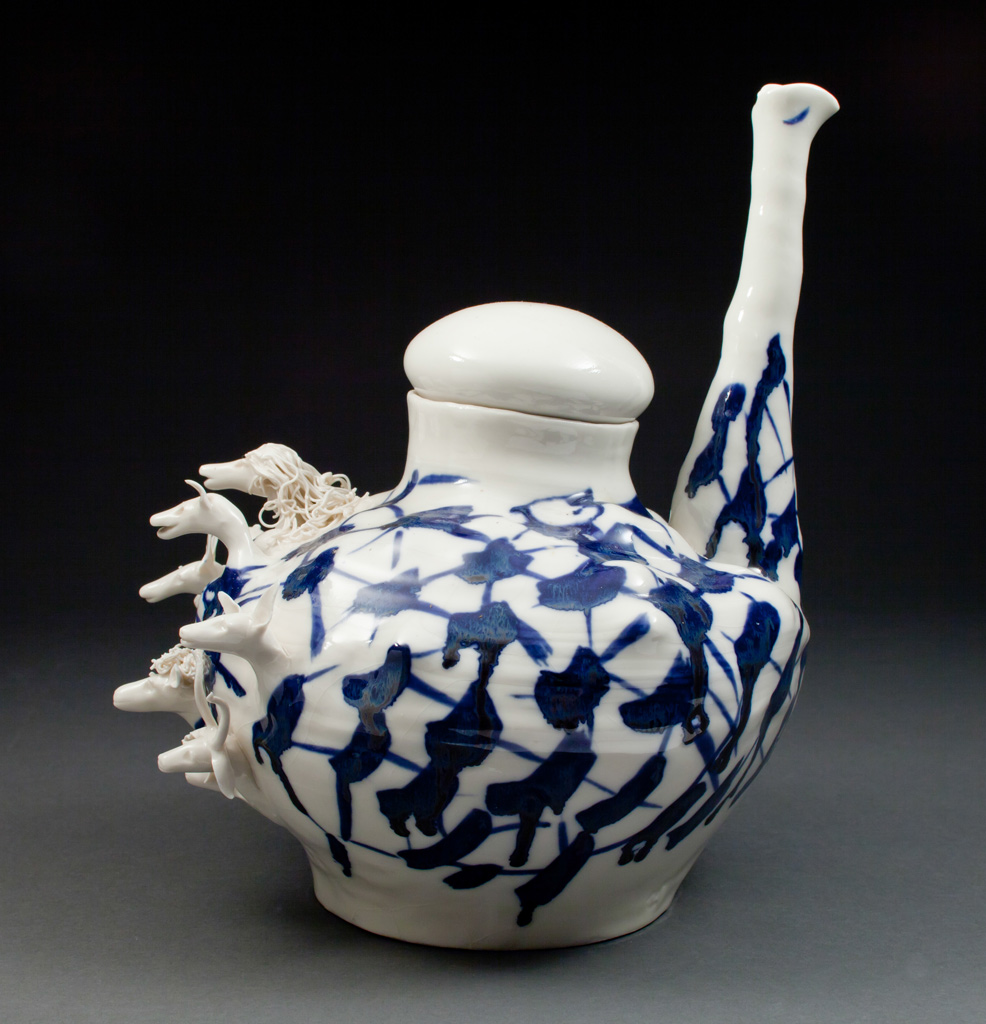
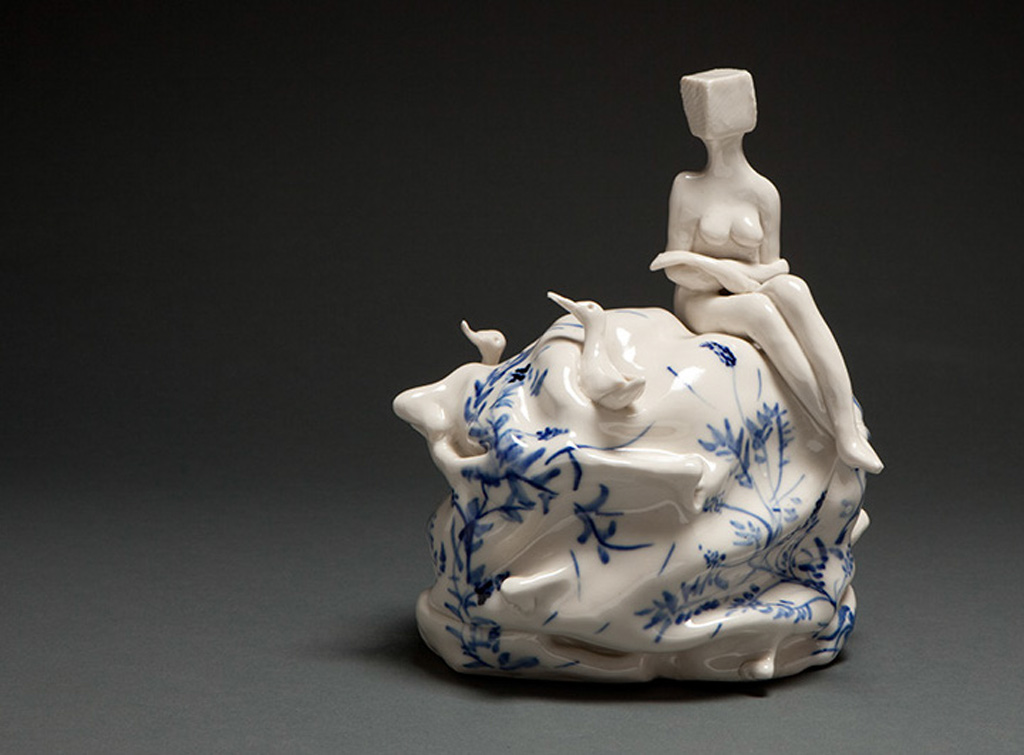
WHERE: The Museum of Arts and Design, Jerome and Simona Chazen building, 2 columbus circle, New York, NY 10019
Collie Hooven has been exploring the domestic feminine world through ceramics for over thirty years. The artist uses compositions that seem to be more like vignettes, delving deep into quotidian psychology. She uses porcelain to delicately, ironically recount themes surrounding feminism. Her artistic vocabulary draws on daily archetypes, which she then reinterprets in a highly personal, poetic way. For Hooven, ceramic clay represents a lump of subconscious, ready to be molded into characters that exhibit the victories, challenges, pleasures, and fears that women experience on a daily basis. New York’s MAD Museum is dedicating Hooven a solo exhibition during September, featuring 55 sculptures. She says of her sculptures, ““I liken my work to dream interpretation. It is both literal and symbolic, intended to invoke a feeling that lingers”.

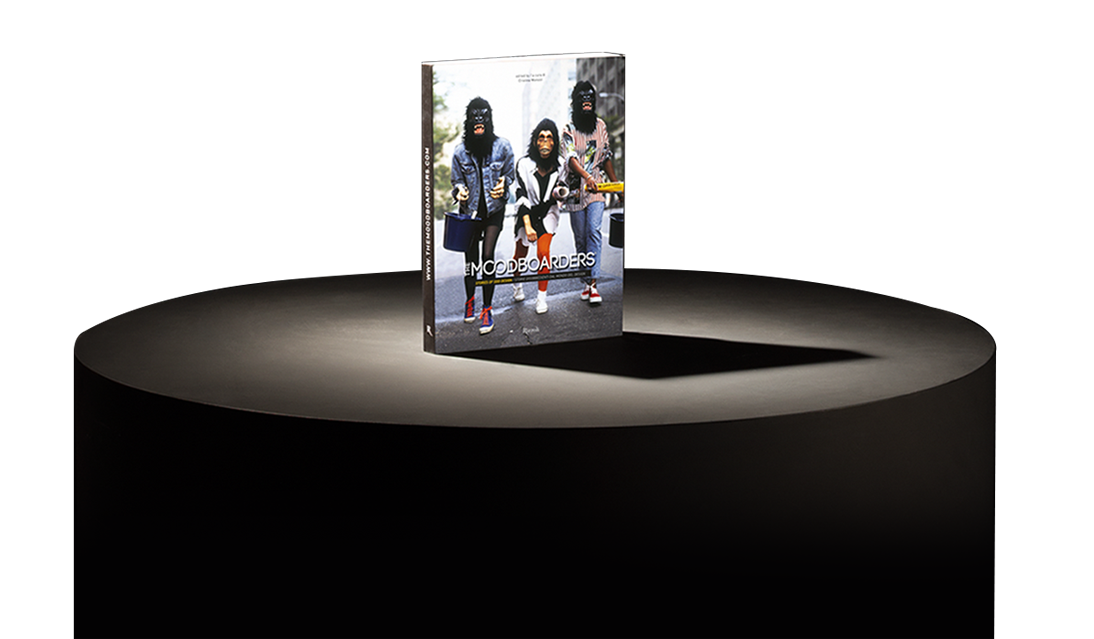
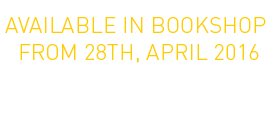
The Moodboarders is a glance into the design world, which, in all of its facets, captures the extraordinary even within the routine. It is a measure of the times. It is an antenna sensitive enough to pick-up on budding trends, emerging talents and neglected aesthetics. Instead of essays, we use brief tales to tune into the rhythm of our world. We travelled for a year without stopping, and seeing as the memory of this journey has not faded, we have chosen to edit a printed copy. We eliminated anything episodic, ephemeral or fading, maintaining a variety of articles that flow, without losing the element of surprise, the events caught taking place, and the creations having just bloomed.